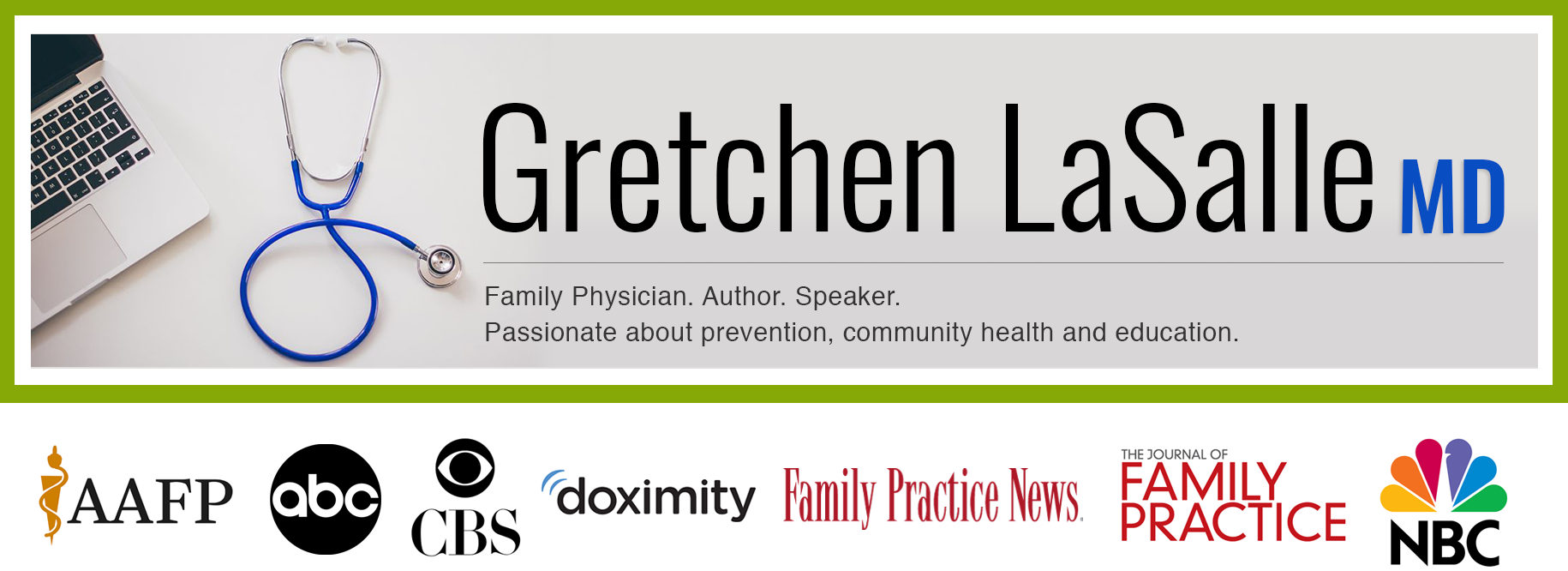I am the mother of two amazing boys, ages 15 and 12. Well…sometimes I want to sell them to the gypsies and would offer a very reasonable price. But, mostly they’re amazing. I am also a family doctor. That means I take care of people through all ages and stages of life, including adolescence. So, I have the occasion to regularly talk to my own kids (that is, if they are feeling like talking to me), and to my families with teens and pre-teens, about all manner of topics particular to this stage of life.
I started writing this blogpost with discussion of teen vaccines in mind, and I will get to that. I promise. But what initially found its way onto the page are my musings on the doctor-teen patient relationship. Before we can get our teens vaccinated, we have to get them in the door and that sometimes proves to be a difficult task. Teens are notoriously absent from our clinics, unless they need a sports physical or some issue has cropped up – sprained ankle, acne, migraines, etc. Following are my thoughts on what we can do as clinicians and parents to facilitate the preventive care that teens so desperately need.
Keep ‘em coming back!
First, let’s agree that teenagers still need yearly preventive care, or “well” visits. Yes, even those kids who are healthy, those that are staying out of trouble, and those who aren’t participating in sports (which require sports physical paperwork to be completed). In the early years, parents are used to frequent doctor visits with their child. The doctor is closely monitoring growth and development and administering the well-known vaccines that protect children from some pretty scary diseases. But after age 6, when they are caught up on their shots and ready for school, many parents aren’t aware that kids should still be getting yearly check ups. Never is this more important than during the pre-adolescent and teen years. Anticipatory guidance, anticipating the challenges and changes that are coming your teen’s way and providing guidance to help them navigate those rough waters, is so important at this age.
Adolescence is a b!$%#. I mean… it’s a tough time.
As anyone who has ever been a teenager or parented a teenager knows (so, pretty much all of us), pre-adolescence and adolescence can be a difficult time. Bodies are changing rapidly, hormones are running amok, kids are developing social groups that influence their behaviors, and they are seeking, and sometimes gaining, increasing independence. All while their brains are not yet fully developed and can’t appreciate the “what ifs” in life. Just try telling them that they might need a coat in 35 degree weather or that shorts, when it’s snowing, might be a poor choice. You’ll see what I mean.
This is exactly when teens and pre-teens need their doctors the most. Kids at this age tend to poo-poo what their parents are telling them. They can’t see that we, as their parents, might be able to provide them with some objective, useful advice. They can’t imagine that we could understand what they are going through, even though we’ve been through it ourselves. But sometimes kids will listen to others better than they listen us. As your child’s doctor or other medical provider, we are there to be a sounding board, a confidant, a mentor, to bolster their confidence and to help steer them in the right direction. Think of us as your partners in parenting – your village, if you will.
Walking a fine line.
That being said, our responsibility is to the health and wellbeing of your child. “Well, that seems obvious”, you might be thinking. But, here comes the part that is a hard pill for some parents to swallow. Our responsibility, as your teen or pre-teen’s healthcare provider, is not necessarily to the beliefs or philosophy or comfort level of you, as the parent. As a parent myself, I know that this stings a bit. But, if we’ve raised our kids well, then we have taught them to think critically; to weigh both sides of an argument and not take every statement or claim at face value; to make decisions that are right for them, as an individual. And sometimes, what’s right for them as an individual is not what we, as parents, may have envisioned.
However, in the next breath, I will also say that we can’t entirely leave important healthcare decisions up to teens without some guidance. Teens are instant gratification beings. That inability to see outcomes of action or inaction, which is completely developmentally appropriate, can sometimes keep them from making healthy choices. It allows them to put greater focus on the pleasure or discomfort of now rather than on the future consequences of their decisions. As parents, we need to encourage our teens in making what, for them, can be tough choices (like the choice to vaccinate against a disease they might encounter in the future). We have to find a way to walk that fine line between encouraging independence and reigning in their “that won’t happen to me” nature.
Getting teens involved in healthcare decisions.
So, how can we prepare our teens and pre-teens to be active participants in their healthcare? As medical providers, we need to be better about reminding kids and parents that yearly well visits are still important. We need to let kids know that, as they get older, we will be involving them more and more in healthcare conversations; that we value their opinions and expect their input when it comes to decisions being made about their physical and mental health. We want to increasingly direct our words to our teen and pre-teen patients (all the while letting parents know that we continue to value their opinions, as well).
As parents, we can start by giving our kids the opportunity to answer the doctor’s questions before we jump in with a response. We can ask our child if they have any issues they want to talk to the doctor about, giving them an opening to speak up. And, after we’ve discussed any of our parental concerns, we need to get comfortable with stepping out of the room so that our teen or pre-teen can speak with the doctor one-on-one. This is a very personal relationship that is developing. Allowing our teen the opportunity to speak with their clinician privately gives them the chance to be completely open.
What matters most.
As much as we would like to think our kids tell us everything, most of them still have thoughts or feelings that they are uncomfortable talking about in front of family. This is not a criticism or failure of parenting, this is just a normal part of adolescence. We’ve got to check our egos at the door. We must realize that what’s most important is that our teens have someone to talk to when they need advice. Sometimes they will confide in us, but sometimes they will want to talk to another trusted adult, like their doctor.
Teen vaccines – setting the stage.
What does all this have to do with vaccines, you ask? Well, it is at their pre-teen and teen visits that we begin doing our first “adult” series of shots. At the 11-12 year old visit, we recommend three vaccines; the Tdap (Tetanus, diphtheria, and pertussis) vaccine; vaccination to prevent meningococcal infection; and the HPV (human papillomavirus) vaccine, to protect against genital warts and a variety of cancers that occur in both men and women.
Meningitis, tetanus, warts, cancers… these are some pretty weighty topics. It is important for us, as parents, to remind our teens that they are becoming increasingly responsible for their own health. We must support the very grown-up decisions that they are making to vaccinate, to endure the temporary discomfort of a shot in order to prevent some very serious consequences of infection. If we set the stage of trust and responsibility, these conversations become easier for all involved.
Stay tuned for part 2 of this blogpost – we will get into a more detailed discussion of teen vaccines and what parents and teens need to know to make informed and healthy choices.

